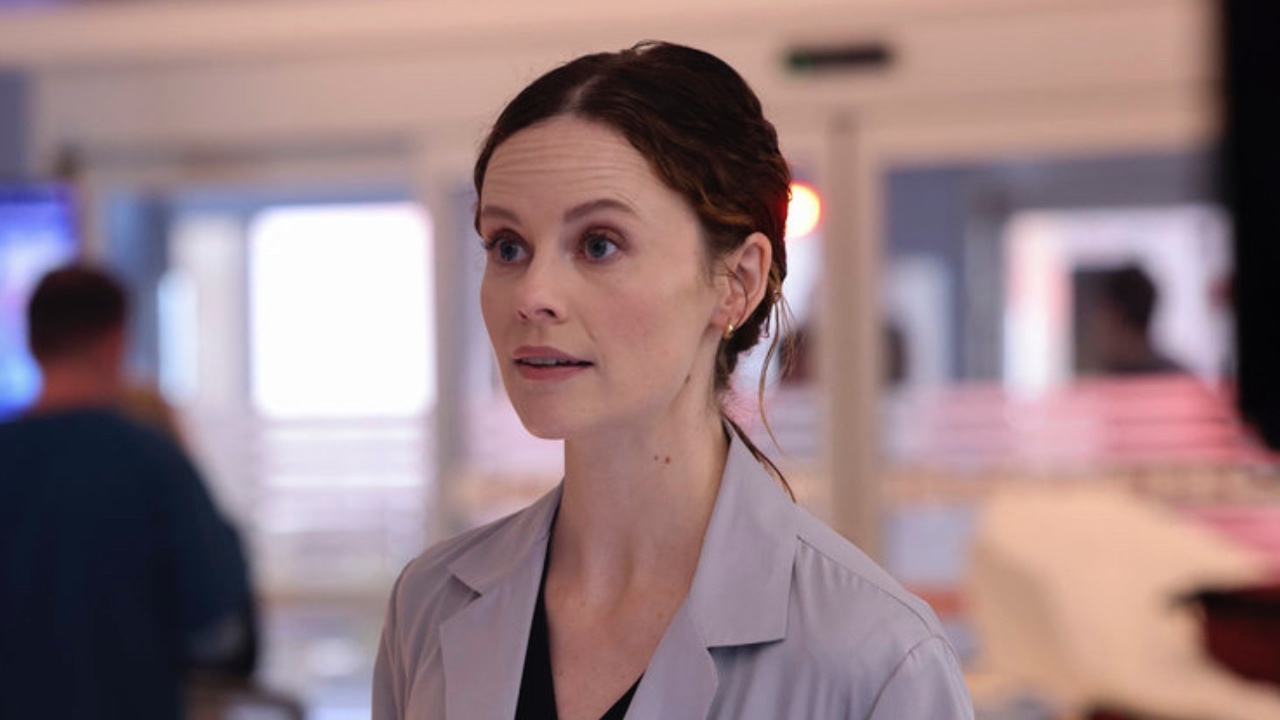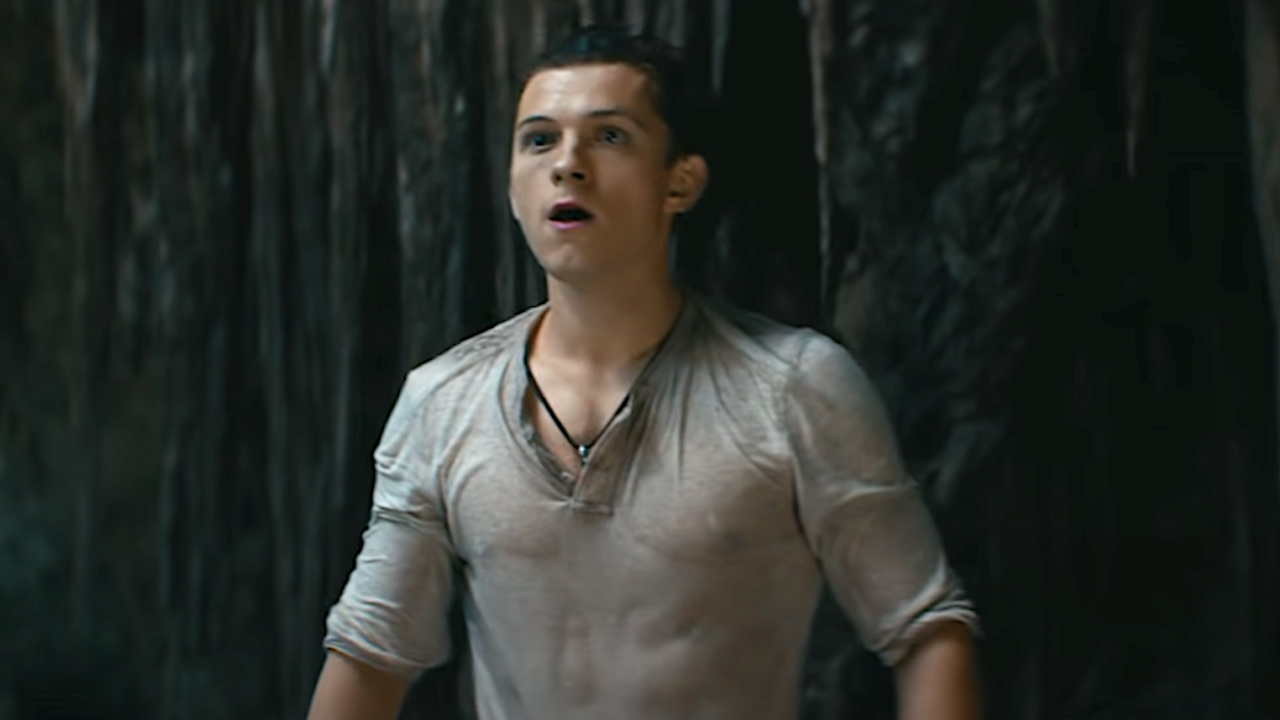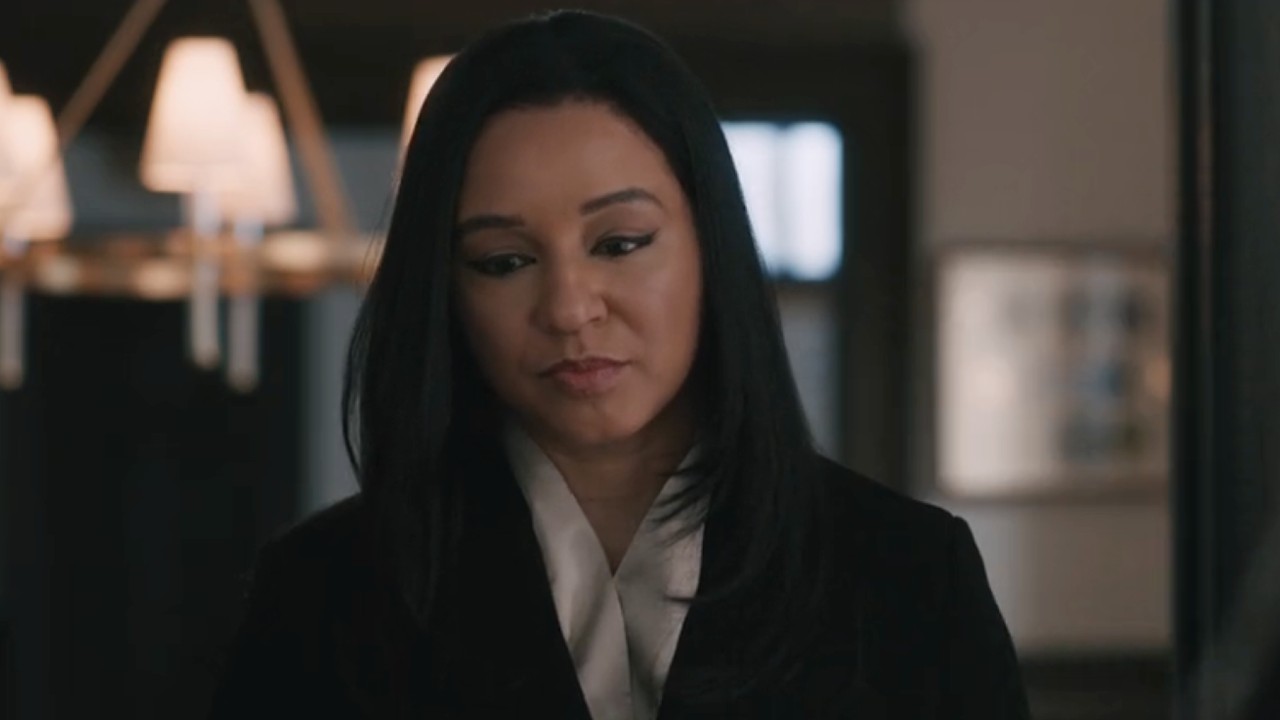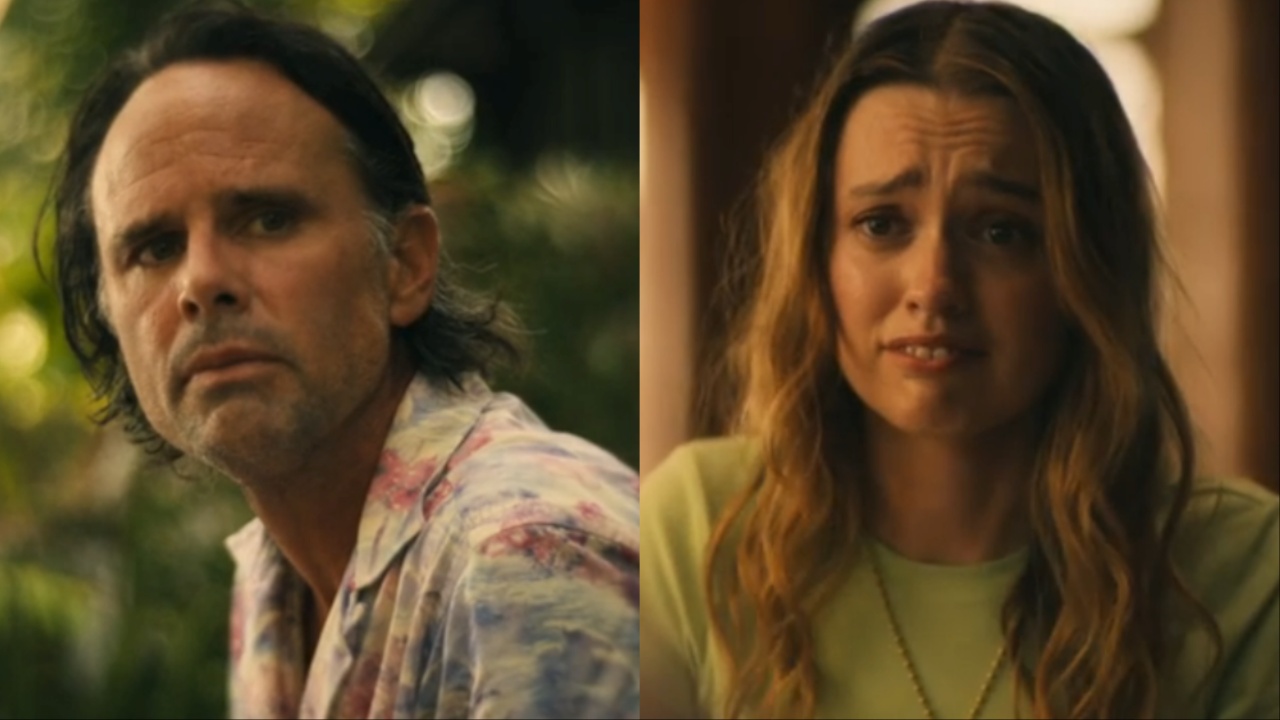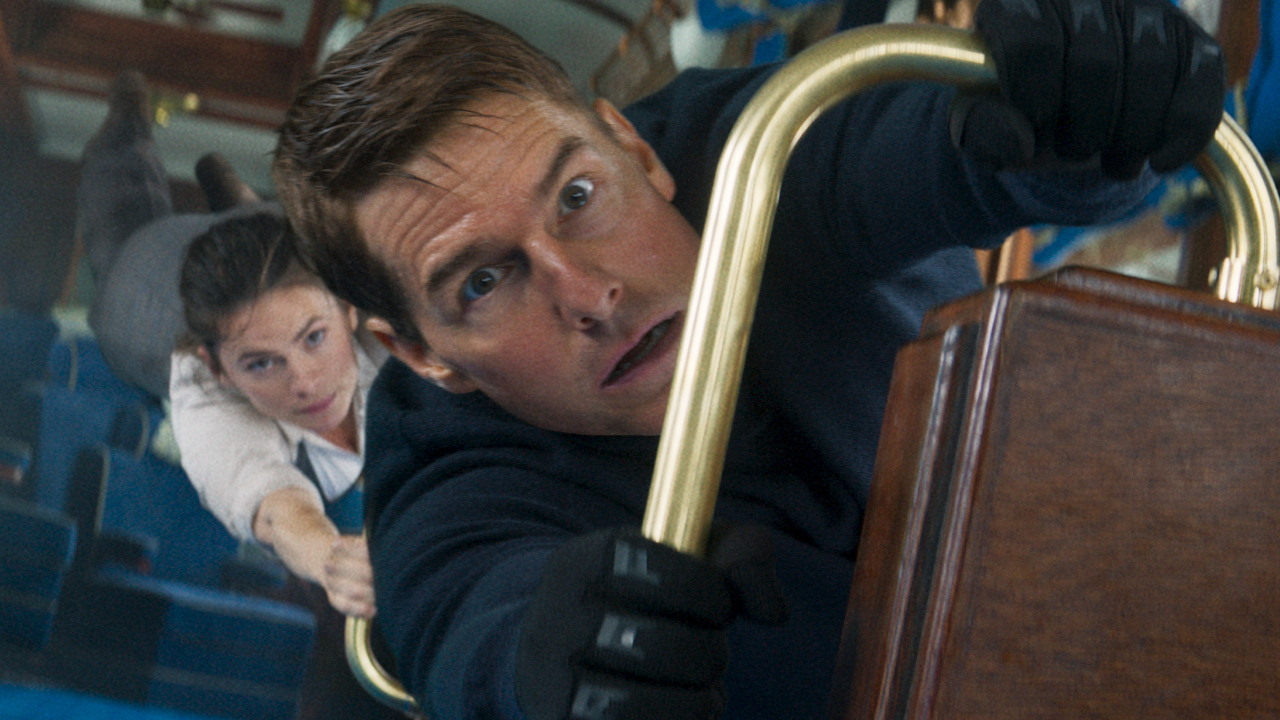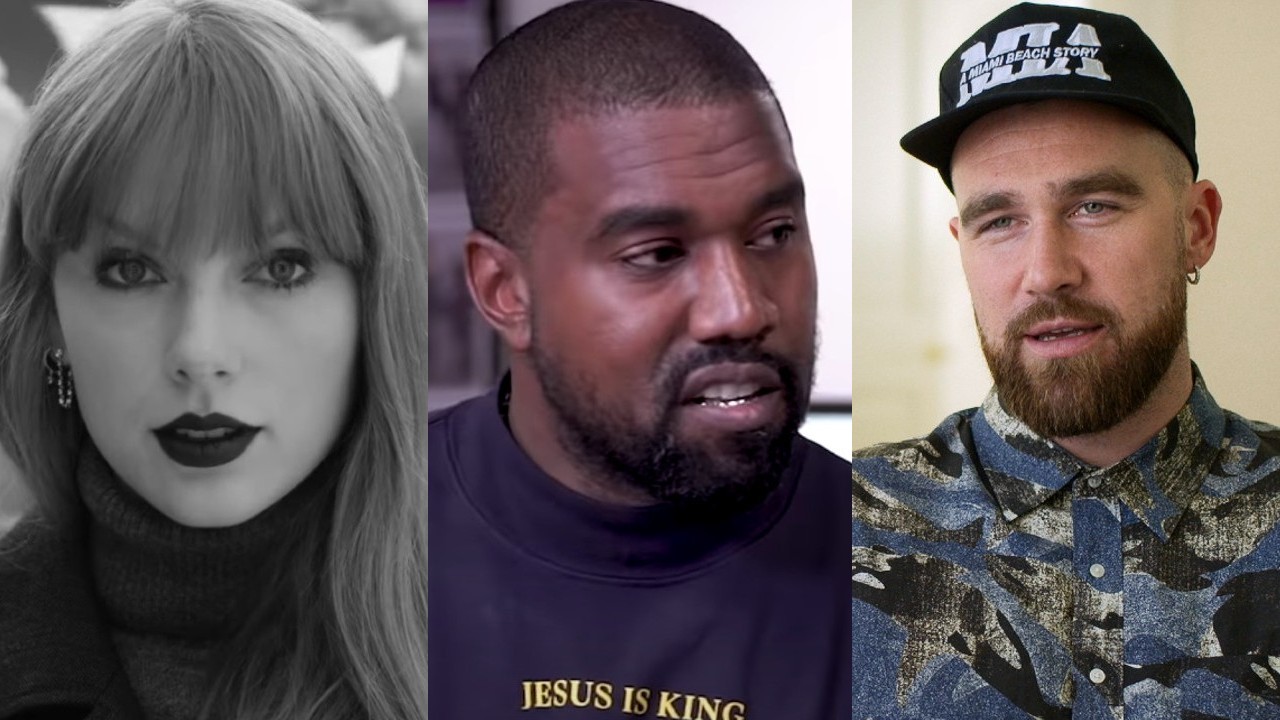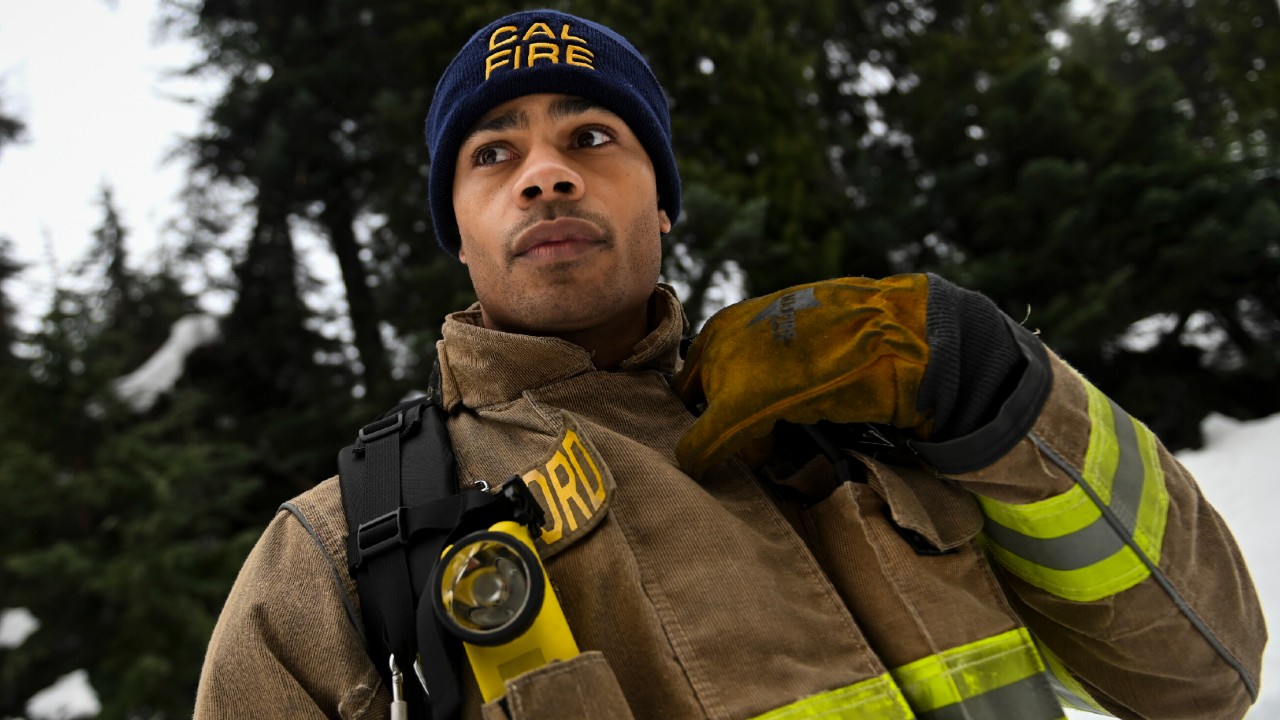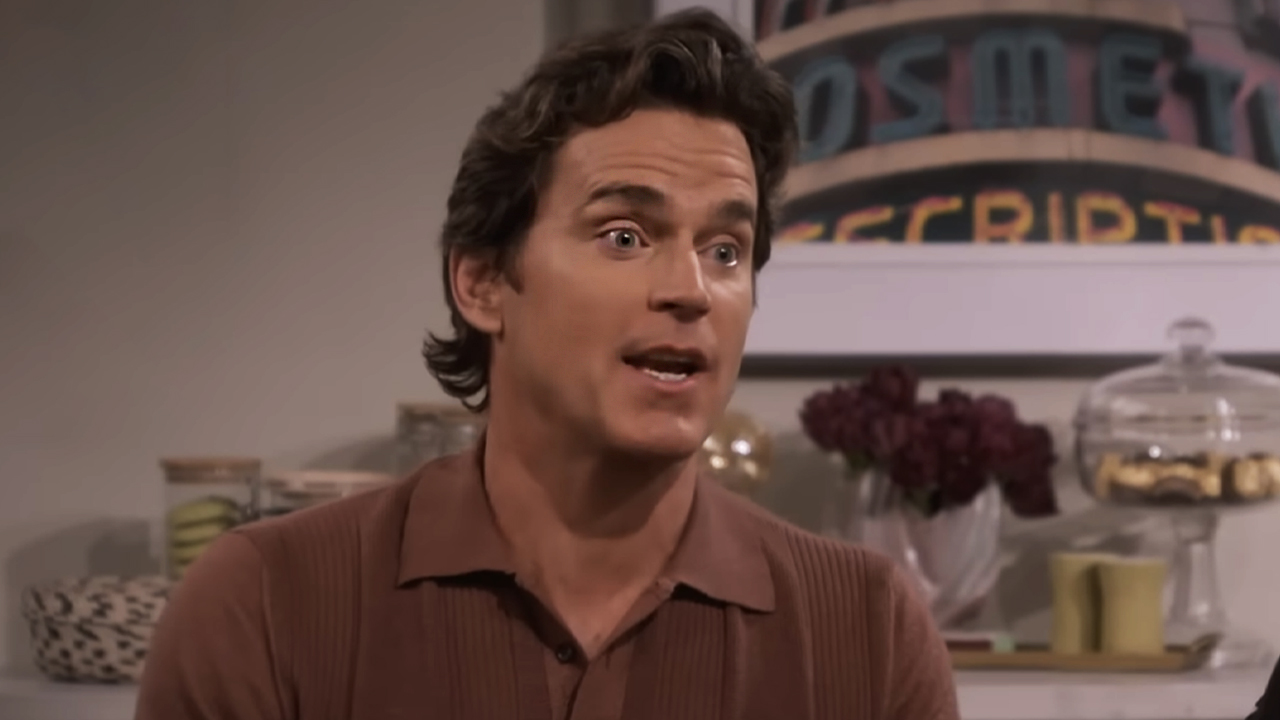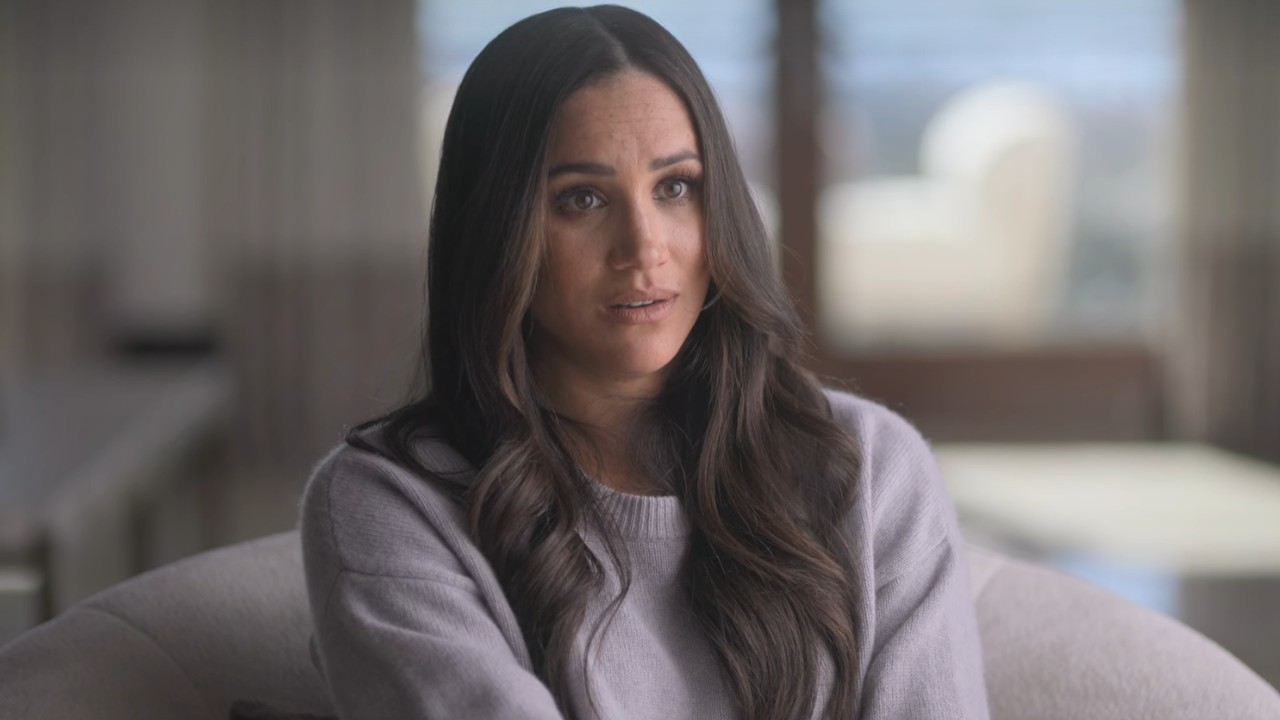Interview: Spy Kids 4 Director Robert Rodriguez

Robert Rodriguez is a strange director. While the filmmaker is responsible for some of the bloodiest, most violent action films of the last 20 years – including Desperado, Sin City, and Machete - he always dedicates some of his time making films for his children. The most successful of these has been the Spy Kids franchise, the fourth of which is set to debut in theaters tomorrow.
A few weeks back I was invited to participate in a roundtable interview with Rodriguez to talk about his newest film. Check out the conversation below in which he talks about developing Aromascope, his upcoming slate and exactly what happened to his Red Sonja project.
So what happened to Antonio Banderas?
You know what, Antonio, I had written him into the script, he was in an early version of the script, he’d always say, “Oh if you need me, call me.” One of the early cast lists that went out had his name still in there, but he ended up not being in the movie. He was going to be the one, because it’s Jessica’s brother, Jessica’s brother is a total character, so when she gets the assignment to go take the necklace back, that was going to be him she was talking to. That part of the movie, we had to just make it shorter, and I didn’t want him just coming on for two seconds. His character is too important. I’d rather save it for a sequel where we can give him a bigger role and then reveal that, so I’m saving it for another movie. I have some good ideas. But he was very willing to do it.
For the next Spy Kids?
If we do another one. If this one turns out well we’ll do another one in 5D. It could be, they are all audience dependent. The first one too, we made the first one knowing, “We’re just making the first one,” but it did so well that we went ahead and made a second one and then a third one, then a fourth one.
Did the Aromascope come because it’s the fourth one? Is that where the idea came from?
CINEMABLEND NEWSLETTER
Your Daily Blend of Entertainment News
Yeah, I mean, I was thinking already to do 4D. It was a very innovative series of it’s time in a very scrappy way. The first one was probably about a step above the times, no one was really making family films at that time, so it kind of hit pretty big. The second one I switched to digital, which brought the idea that, “I bet I could bring 3D back if I shot digital, you could do digital 3D, just put two cameras together.” So Spy Kids 3D was the first 3D movie in like twenty years, and it was the biggest of the Spy Kids, so it kind of started this whole resurgence of 3D. I knew if we did 4D we needed to push the envelope one more time, so I remembered seeing a John Waters movie in the eighties called Polyester that had a scratch and sniff thing, so I thought, “Oh, I’ll do that, I’ll do Aromascope.”
How much did you get involved in developing the sheets?
Oh, we designed the sheet, we designed them in a way that they would fit into the DVD cases too, so when we put a whole bunch and you don’t have to worry about anything that’s left behind gets put into the DVD box.
You’ve got this pattern of doing an adult movie and then a kids movie, I’m curious, when you’re on set, how does your approach change? Or it doesn’t?
It doesn’t sometimes, I get in big trouble, I start cussing at the kids. “Wait a minute, I’m not around adults...” It’s a different sensibility. I compare it to if you have kids, you know, if you hang out with your buddies you talk one way, then when you’re hanging out with your kids you have a different voice on, you have your dad voice, you’re very appropriate. It’s two different, everybody has those sides to them.
What about the fact that you do, I don’t know if there’s a lot of people who do a really adult movie like Sin City and then a really family-friendly movie like this one, that’s just for kids.
I’ve always gravitated to both, I’ve always really liked doing the genre pictures, but I come from a family of ten kids, I have five kids of my own. You want to do something for those experiences and those kind of jokes, those kind of sensibilities. The family films are great outlets for that because you do get a lot of ideas for things, family-oriented.
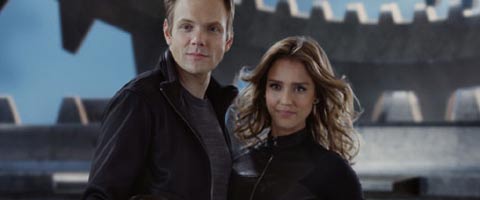
This is the fourth in the series, you still have the title director, writer, composer, producer, was there one of those things you were going, “You know what, maybe I’ll just step aside and try to do...
I would if I had more money! Believe me, I’d rather not have to go to work that day. I’d rather hire the best composer or the best cinematographer. That’s what most directors do, they go, “Surround me with the best people. Give me this guy and this guy, give me this top guy.” I mean when I go do commercials, I did a commercial called the Black Mamba, I was only hired as a director and I didn’t have to pay for the commercial, it was expensive. If I had did it, I would have done it cheaper, the same commercial. Since they were paying for it, I said alright, they gave me the DP, the guy who shot Avatar, it was fantastic to work with all of these amazing people. The editor was the guy who cuts David Fincher’s movies and he’s cutting it.
Sounds like you haven’t really changed much. When you first got in, you were so much worried about the dollar and everything like that, you still have that same mentality.
Yeah, if it’s my movie, I have to make sure that the money gets put on the screen, or it’s going to get pissed away. You’re going to have nothing on the screen and the money, we ask for very little money for these movies, so it has to look like a huge summer movie, they’re putting it out like a summer movie but it costs nothing.
Troublemaker Studio, of course, it’s part of the cost of saving. When did you think, “Oh, I’m so glad that I made this movie in my studio.”
The whole time! I can’t imagine this movie anywhere else. I would just not be able to do it because of the inefficiency that would happen. It’s just more efficient than any other way. But yeah, it’s not because I’m a control freak or anything, I really just got it. And everyone who works on the movie has to do multiple jobs.
How did you come up with the title and the theme related to it? Was the title something from her majesty’s secret service, you know, All The Time in the World?
Really, the actual theme came from me thinking I’m the timekeeper. I’m constantly wanting to freeze time or stop time because my kids are growing up so fast, so I thought that that would be a really cool idea for a villain. The themes of the Spy Kids movies that are always the same is that the bad guys are really not that bad, they’re just misguided. And the kids don’t go beat the bad guys, they go teach the bad guys something. So that’s always the twist in every Spy Kids movie. So this one I thought the bad guy was more a reflection of my own thoughts about time and time passing, or how we’re spending time. That’s why I did it that way. The time in the title just sounded like a very big, “James Bond,” I had different versions but that one was the best one, “All the Time in the World.”
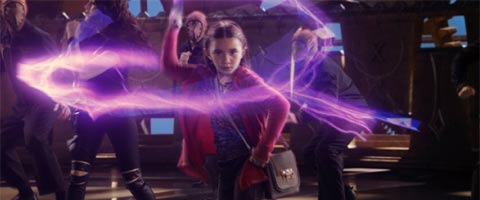
Do your kids help with the movie?
Yeah. I make my kids smell stuff, give me ideas. I show them scenes, early cuts of scenes to see what they like, or concepts. I asked my son what he thought of the Hammerhands idea, he loved it, wished he had them so he could break stuff.
Alexa was just talking about how she was pleasantly surprised to find out that she has a bigger role than she thought from original rumors. Was it always your intention to have Carmen and Juni sort of pass the torch, be a big part of the story, or was that in later drafts?
I didn’t know how much we would have Daryl because he was possibly going to be shooting something else, so I skewed it heavier toward Carmen. That’s why I had him show up near the end, I thought if he’s stuck on this other movie and we only get him for a couple of days, I can shoot it out. But we ended up getting him for more time so they got to spend more time together. I don’t know if that answers your question, but it was one of the considerations. I knew she was not going to be committed to this television series that he was going to be on.
So she was supposed to be related in some way to the Latino community, but it’s not like Machete. Machete you have the chance to use immigration, and be really critical about it and everything. It seems to be more integrated into the story in this case because of everything that has happened, there are a lot of Mexican-American families, they are a part of the American psyche, you don’t feel like trying to push that too much, it’s just like in the background?
It was always like that. In the Spy Kids series they were Spanish, they spoke Latin. For people who were Latin it was a cool thing, for people who weren’t it was just like, you know, James Bond is British. It gives them an ethnic specificity. It’s very specific and made it more universal because of how specific it was.
The Aromascope, is it just an experiment or do you see it going somewhere?
Aromascope, you’re going to see that in every movie now! Everybody’s going to do it! It’s very much for this particular picture. Then with 5D we’ll have to see what 5D is.
So you’re not going to use it for something like Sin City 2.
Oh, I didn’t say that. I didn’t say Machete 2 won’t come in Aromascope. That’s my brand I just created, I can always use it if I want to.
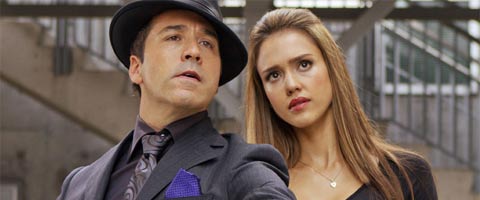
Are you dabbling in any more technology advances that haven’t been done before?
I always try to stay up on whatever new technology there is and push it further and seeing how you can do different things with it. That’s the exciting thing about technology, what did they make it for and what can we use it for? Two different things. So that’s kind of where we’re going with the company, pushing things.
What happened to Red Sonja?
Red Sonja is a good example of why I started my own company. It was mainly the company that had the rights, Millenium, was going to produce it, but they had the rights and they were going to do it before Conan to test the ground for ConanThen they decided, “Well, let’s do Conan first and then if that’s successful we’ll do Red Sonja.” So from now on, what I do now is I have my own company called Quick Draw where we get the rights, like, to Heavy Metal or Fire and Ice, and we own the rights. So we can just go make the movie when we get the script, we don’t have to have a third part saying, “Well, we don’t know. I might want to do this first.” There’s nothing worse than being ready to go do something and then having someone else get in the way of that. So I don’t do stuff under anyone else anymore, just my own stuff.
On the subject of your future projects, at Comic Con you announced a full slate. Do you know an order that you want to do them in?
We have financing for them, so it’s really whichever one has a script finished first, we’ll start shooting first. I really don’t know which one would actually come out first. Sin City has more effects on it than something like a Machete, so Machete can conceivably start shooting later but still come out before. You never really know. So we can start going, the cool thing is we can just start whenever we’ve got our script.
With movies today, you know, Detroit is filming a lot of movies, obviously Texas, can you think of any ways LA, I’m not saying it’s passé but it’s just the cost is so expensive, that you’re going to see a lot of things doing what you’re doing, where you’re just going to film at a lot of different places around the country?
It could be, that’s what people are doing a lot of now. They’re shooting a lot of movies in Louisiana, like you said, a lot of places. Which is good, at least they’re shooting in the states.
Do you like the trend of that?
I like that they’re shooting in the states more rather than everyone going to Canada or Bulgaria.
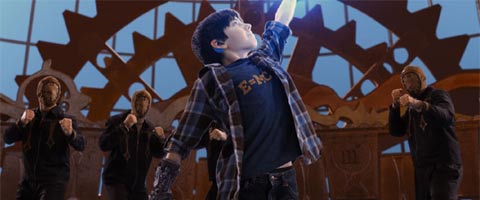
You mention all of the technology, but I know you like the series, so you have to manage that stuff. You want to use the technology but you’re trying to make it not too complicated in order to please the fans. So how do you do that?
Yeah, I see what you mean. I try to utilize it for my movies and my purposes. I haven’t signed up for a lot of movies that other people own that are really big, that they’re going to spend a lot of money on. I don’t think you need to spend that much money on things.
What’s your biggest dream for your company in looking at the future?
Just kind of what we’re doing now, just owning and controlling our own properties and not having to rely on the studios for financing. The studios don’t finance anymore, they get outside funds. So now just, instead of going to them to broker a deal, we just go to the financers. So it’s just a little cleaner that way and keeps the power in the hands of the filmmakers.
With so many films in 3D, is that a good thing or bad thing for the industry? I know a lot of the films that came out this year in particular, most people were still seeing them in a flat screen.
I think because there are so many to choose from now, it’s not as special, so people are choosing like, which one do they think is worth the extra money, especially because they are charging more. When I did the Spy Kids 3D, I didn’t charge more for the glasses. Same with the Aromascope, it’s free. I’m not going to charge people more for that. So when they charge more for it, the audience gets wise after a while and goes “Oh, well obviously we have to choose which one. If everything’s 3D, we can’t see everything in 3D.” It means the ticket prices are just higher overall and we don’t want that. It’s better, that way maybe studios won’t make some movies in 3D that they know really shouldn’t be 3D. So that might be better overall.

Eric Eisenberg is the Assistant Managing Editor at CinemaBlend. After graduating Boston University and earning a bachelor’s degree in journalism, he took a part-time job as a staff writer for CinemaBlend, and after six months was offered the opportunity to move to Los Angeles and take on a newly created West Coast Editor position. Over a decade later, he's continuing to advance his interests and expertise. In addition to conducting filmmaker interviews and contributing to the news and feature content of the site, Eric also oversees the Movie Reviews section, writes the the weekend box office report (published Sundays), and is the site's resident Stephen King expert. He has two King-related columns.
